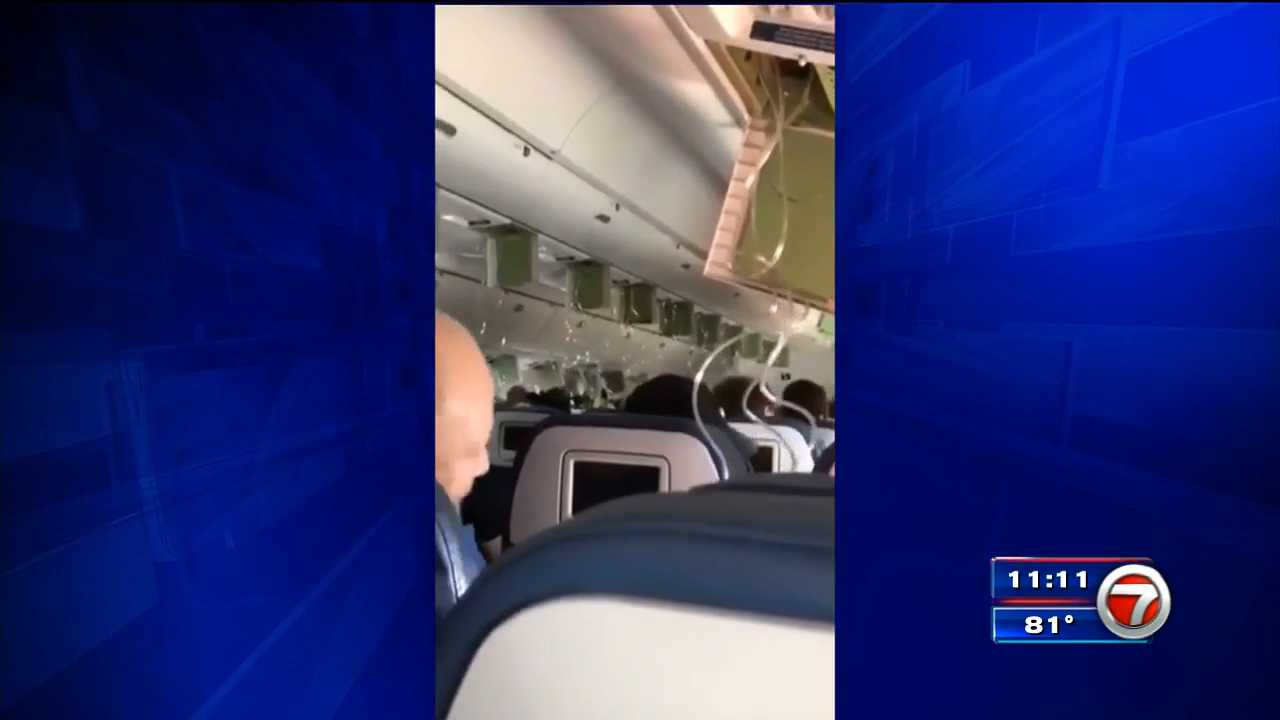Impact of Spoiled Food on Delta Flights

Delta flight diverted spoiled food – Incidents involving spoiled food on Delta flights, while infrequent, can pose significant health risks to passengers. The airline has implemented strict procedures and protocols to prevent and respond to such incidents.
The recent incident of Delta flight being diverted due to spoiled food is a stark reminder of the importance of food safety. While investigations continue, it’s worth noting the mysterious disappearance of Jay Slater in Tenerife. This incident, like the diverted Delta flight, highlights the unexpected events that can occur during travel.
As we await updates on the Delta flight, we can’t help but ponder the fate of Jay Slater and hope for his safe return.
Frequency and Severity
The frequency of spoiled food incidents on Delta flights is relatively low, with only a handful of reported cases in recent years. However, the severity of these incidents can vary, ranging from minor discomfort to serious illness.
Health Risks, Delta flight diverted spoiled food
Consuming spoiled food on airplanes can lead to various health issues, including food poisoning, nausea, vomiting, diarrhea, and abdominal pain. In severe cases, it can cause dehydration, electrolyte imbalance, and even hospitalization.
The recent news of a Delta flight being diverted due to spoiled food left passengers with a bad taste in their mouths. While the airline has apologized for the inconvenience, the incident raises concerns about the safety of food served on flights.
As we continue to navigate the challenges of the pandemic, it’s important to be aware of the potential for foodborne illnesses, including the covid 19 flirt symptoms. By taking precautions such as washing our hands frequently and avoiding eating raw or undercooked food, we can help to protect ourselves from these illnesses.
Prevention and Response
Delta has implemented comprehensive measures to prevent and respond to food-related incidents. These include:
- Strict food safety standards and vendor selection
- Regular food inspections and temperature monitoring
- Proper food storage and handling practices
- Training for flight attendants on food safety and emergency procedures
- Quick response to passenger complaints and food-related incidents
Causes and Consequences of Flight Diversions Due to Spoiled Food: Delta Flight Diverted Spoiled Food

Flight diversions due to spoiled food can result from a range of causes, leading to significant operational and financial consequences for airlines. These incidents can also impact passenger safety, satisfaction, and the reputation of the airline.
Causes of Flight Diversions
Common causes of flight diversions due to spoiled food include:
- Inadequate food handling and storage during preparation and loading
- Failure to maintain proper temperatures during transportation
- Contamination of food during handling or packaging
Operational and Financial Implications
Flight diversions can disrupt flight schedules, leading to delays and cancellations. This can result in:
- Increased fuel consumption and operating costs
- Compensation to passengers for missed connections and delays
- Damage to the airline’s reputation and loss of customer trust
Impact on Passenger Safety, Satisfaction, and Reputation
Spoiled food on flights can pose health risks to passengers. Consuming contaminated food can lead to foodborne illnesses, causing discomfort, and in severe cases, hospitalization.
Flight diversions can also cause inconvenience and dissatisfaction among passengers. Unplanned delays and cancellations can disrupt travel plans, leading to missed appointments, lost time, and increased stress levels.
Negative experiences due to spoiled food and flight diversions can damage the airline’s reputation. Passengers may lose trust in the airline’s ability to provide safe and reliable service, potentially leading to a loss of customers and revenue.
Strategies for Improving Food Safety and Preventing Flight Diversions
Delta Air Lines must prioritize food safety to minimize the risk of spoiled food incidents and subsequent flight diversions. Implementing robust food handling and storage practices, coupled with comprehensive training programs for flight attendants and personnel involved in food service, is crucial to ensure the well-being of passengers and prevent costly disruptions.
Food Handling and Storage Practices
Delta should establish clear guidelines for food handling and storage to maintain optimal food quality and prevent spoilage. These guidelines should include:
- Implementing temperature-controlled storage units to ensure food is stored at appropriate temperatures.
- Enforcing strict adherence to FIFO (First-In, First-Out) inventory management to prevent older food items from being served.
- Regularly monitoring food quality and discarding any items that show signs of spoilage or contamination.
- Establishing designated areas for food preparation and storage to prevent cross-contamination.
- Providing adequate training to personnel on proper food handling techniques to minimize the risk of contamination.
Training Programs
Flight attendants and other personnel involved in food service play a critical role in ensuring food safety. Delta should develop and implement comprehensive training programs to educate these individuals on:
- Food safety regulations and best practices.
- Proper food handling and storage techniques.
- Identifying and reporting signs of food spoilage or contamination.
- Emergency procedures in case of food-related incidents.
- Customer service protocols for handling passenger inquiries or complaints related to food.
Regular refresher training sessions and assessments should be conducted to ensure that personnel remain up-to-date on food safety knowledge and practices.
